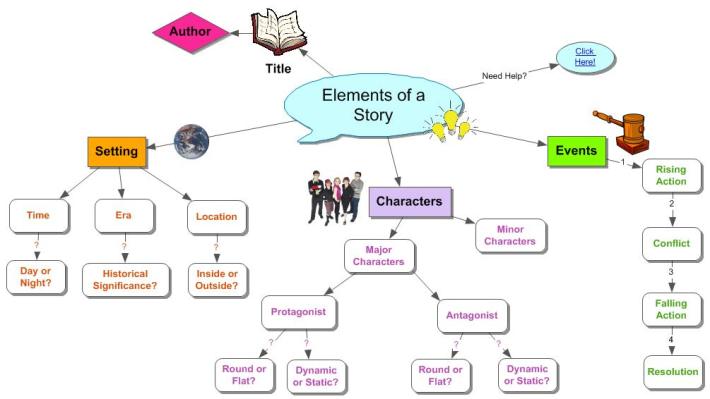I think it is important for young students to learn how to properly search for information on the internet. I would have my elementary students use Yahooligans or Ask Jeeves for Kids or I’d pick out a small handful of predetermined sites. Web scavenger hunts are a great way for students to learn about the internet, reliable and non-reliable sites, and to get information on a topic they are learning in class. Other great online tools are online dictionaries, like Merriam-webster.com or dictionary.com. Students could use these sites to look up vocabulary words or words in their readings that they don’t know.
The internet is very important for student research. People are now able to even search for books on the internet in addition to other scholarly sources, which saves time. The time saved from searching for information in the library can be used for putting together a well thought out and well researched project or essay. It is important for students to understand how to search for credible sources and information as well as how to properly cite this material. The internet is not a good tool if students are using it to cheat, plagiarize, use incorrect information or use a site that does not have credibility.
To search and evaluate websites for school projects and papers, I mostly use google. I check first to see if the page looks professional. I don’t always check to see if the author is credible, but I have had to do that for a specific class in the past and it is always a good thing to do. Also, while reading the material I keep an eye out for spelling and grammar mistakes, and if I am unsure about a specific piece of information I will google it separately. The podcast mentioned most of those same ideas as well as noticing if the information is biased. As a future elementary school teacher, I realized from the podcast, the extreme importance of double checking websites. This is important not just to make sure the facts are right, but also to make sure the information and links are appropriate for the students’ age group.
I had never used Inspiration before this class, but I really like it! It is easy to figure out and I think it could be very useful for students of all ages. I hope Inspiration will be on the computers in my future classroom or computer lab because I think it is a fun and different way for students to organize their information, thought processes, or to make creative projects or outlines. I like that the program offers templates for various projects you might want to do as well as a blank canvas to start however you want. The ability to add pictures and graphics either in the diagram or separately is also a nice addition. I actually had a fun time playing with the colors, design, boxes, and graphics and plan to use it again in the future.

